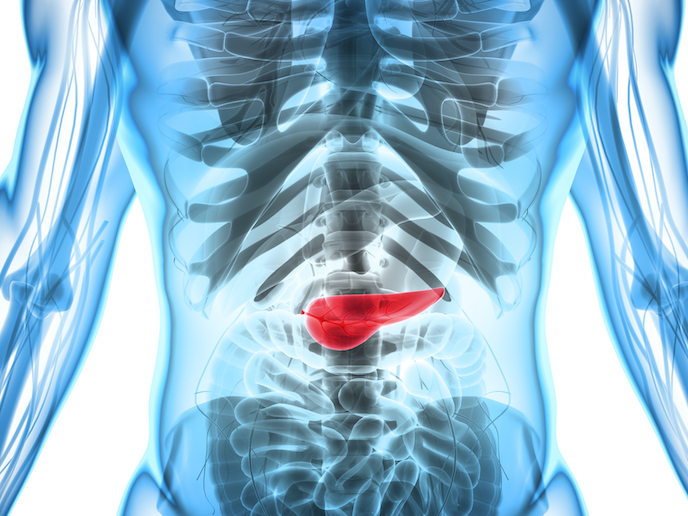New nanomedicine therapy joins the fight against pancreatic cancer
Pancreatic cancer is a relatively rare yet devastating form of the disease. While less common than other common cancers, it has one of the lowest survival rates at just 3 % after 5 years. Despite huge efforts from scientists over the past four decades, there have been no significant advances in treatment as cases have continued to rise(opens in new window). In the past 30 years, deaths have almost doubled; in the EU alone over 90 000 people lose their lives each year. Cases and deaths are predicted to increase by 40 % by 2035. In 2016, the EU-funded NoCanTher project(opens in new window) was launched with the aim of bringing new nanotechnology(opens in new window) therapeutics to the fight against pancreatic cancer. In a combined effort from scientists working in several European countries, NoCanTher has developed a novel nanomedicine treatment which is now being trialled in a clinical setting – a significant milestone following 10 years’ worth of research and development. The preclinical data showed that the therapy both reduces the volume of the tumour and boosts the impact of chemotherapy against cancer cells. The ongoing clinical study is taking place at two sites in Spain, testing the new therapy on patients with locally advanced pancreatic cancer. This group accounts for around 20 % of pancreatic cancer patients, and palliative chemotherapy is usually the only treatment available. “We think that, with this novel technique, we can change the characteristics of the tumour and control the disease locally,” says Teresa Macarulla(opens in new window), Medical Oncologist at the Vall d’Hebron University Hospital(opens in new window) and leader of NoCanTher’s clinical study. “This pilot study represents an important step forward in opening up new therapeutic avenues for patients with locally advanced pancreatic cancer, for whom there are no other alternatives but chemotherapy,” she adds.
Nanoparticles combine with existing drugs to destroy tumorous growths
The treatment relies on an experimental approach known as magnetic hyperthermia, which transforms electromagnetic energy into heat. Iron nanoparticles are inserted into tumours, then heated using a magnetic field. This targeted heat degrades and destroys cancerous cells, while leaving other surrounding tissues unaffected. The process also changes the physical characteristics of the tumour, making it more susceptible to anticancer drugs(opens in new window). Now that the team has reached the important milestone of clinical trials, they will begin to recruit more patients, gathering further data and advancing to further clinical stages. “We have to stress that these achievements are just the starting point of a long process,” notes Álvaro Somoza(opens in new window), senior research professor at IMDEA Nanociencia(opens in new window) in Madrid, and scientific co-coordinator of the NoCanTher project. The team will now continue to collect and evaluate all the clinical data, before the therapy can be introduced into medical practice, he says.
Collaboration across borders
The NoCanTher consortium involves researchers from 11 institutions, spread across five countries: Ireland, France, Germany, Spain and the UK. Rodolfo Miranda(opens in new window), Director of IMDEA Nanociencia, and scientific co-coordinator of the NoCanTher project, stresses that this collaboration was key in securing regulatory approval for the clinical study. “It was hard to imagine all those years ago as we were preparing the proposal and searching for expert collaborators that we would be able to achieve such an ambitious goal –translating a laboratory idea into technology to help patients,” Miranda says.







